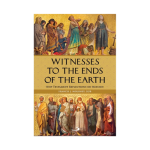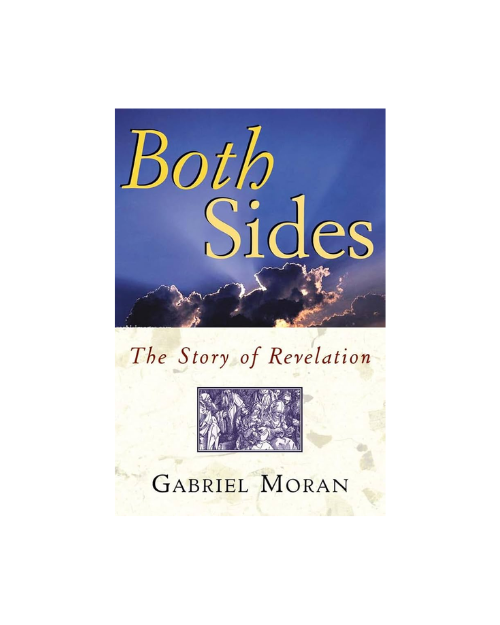Description
Revelation-the truth God discloses about God’s own self-is rarely written about or discussed today, says Gabriel Moran. When treated at all, it’s usually taken as a premise of theology, not as a subject for theology. Perhaps it’s ignored because it’s no longer a problem for theologians. Perhaps it’s ignored because it’s a big problem. Both Sides begins by noting that “Revelation” is also used to denote the Apocalypse of St. John, the final book of the New Testament. Both “revelation” and “apocalypse” come from the same Greek word. Moran tracks the two meanings across the centuries and how they became separated. Revelation and apocalypse were two sides of the same principle, but when they lost touch with each other our understanding of both suffered. In this book, Moran stitches the two together again by noting our human response to God’s revelation and human responsibility for the world we live in. Revelation, he says, must never be separated from temporal matters. He shows how a new understanding of revelation can affect the way religion is taught, learned and lived.










Reviews
There are no reviews yet.